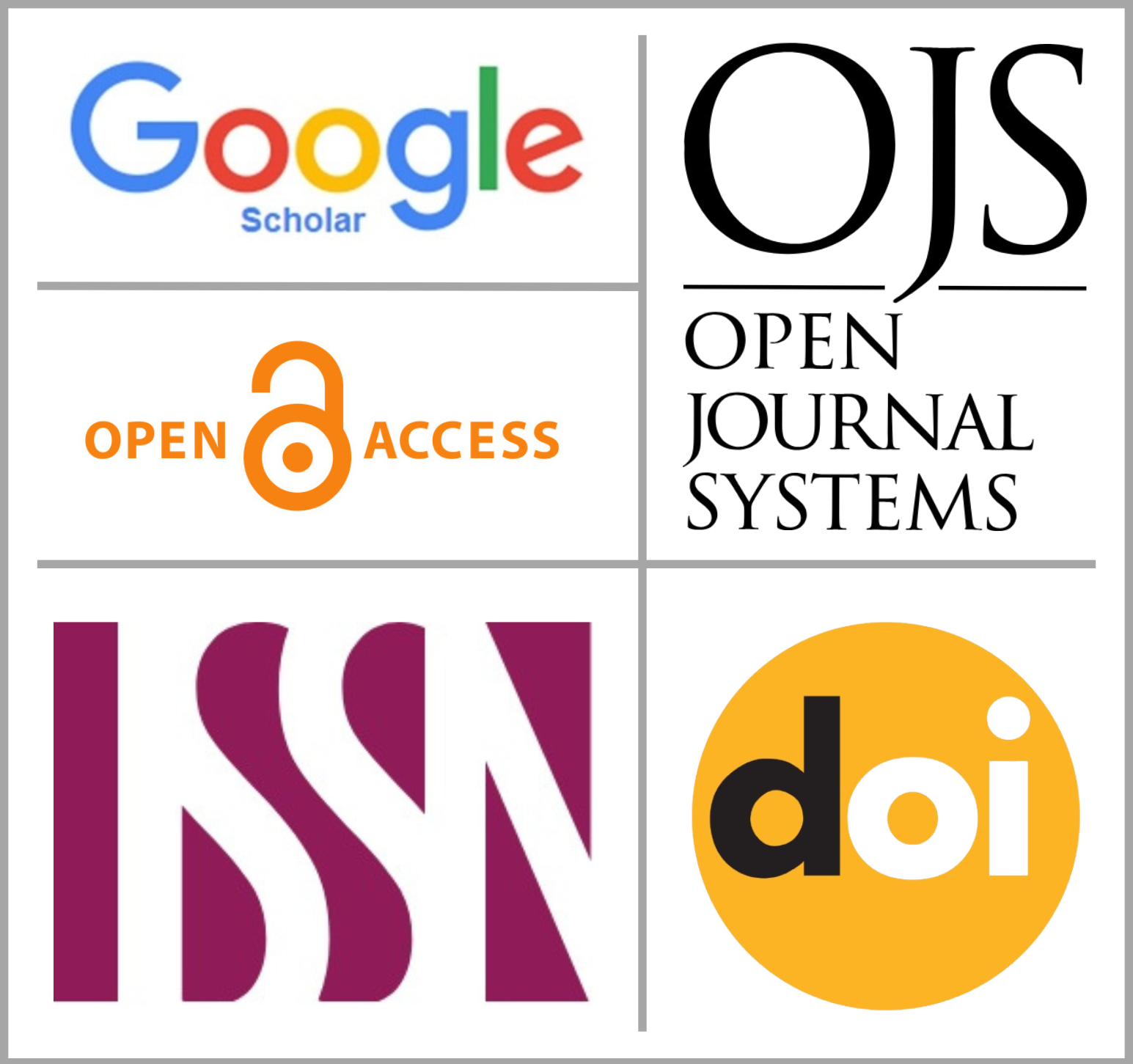Remote Work and Employee Productivity: Mediating the Effect of Work-Life Balance
Keywords:
Remote work, productivity of employees, work-life balance, telecommuting, human resource management, hybrid work, worker well-beingAbstract
The swift transition to remote working has changed the workplace in the modern day, redefining the productivity, corporate culture, and workplace well-being. This paper examines how remote work is connected with employee productivity with the facilitating variable of work-life balance. The study, which is based on the data obtained with the help of employees who work in the public and private organizations, is expected to examine the extent to which flexibility, autonomy, and digital work environment affect job outcomes. Quantitative design was applied, and the structured questionnaires were administered to 200 distributed remote employees working in different industries. The results indicate that remote work can greatly boost productivity of employees provided that it is coupled with solid organizational support and efficient time management. Nevertheless, the regulatory effect of the work-life balance is essential - the selected employees that prioritize their personal and professional lives display a stronger level of motivation and increased rates of productivity. The study can give other human resource management literature by providing insights on how organizations can maintain productivity and support the wellbeing of employees in a hybrid or a remote work environment.







